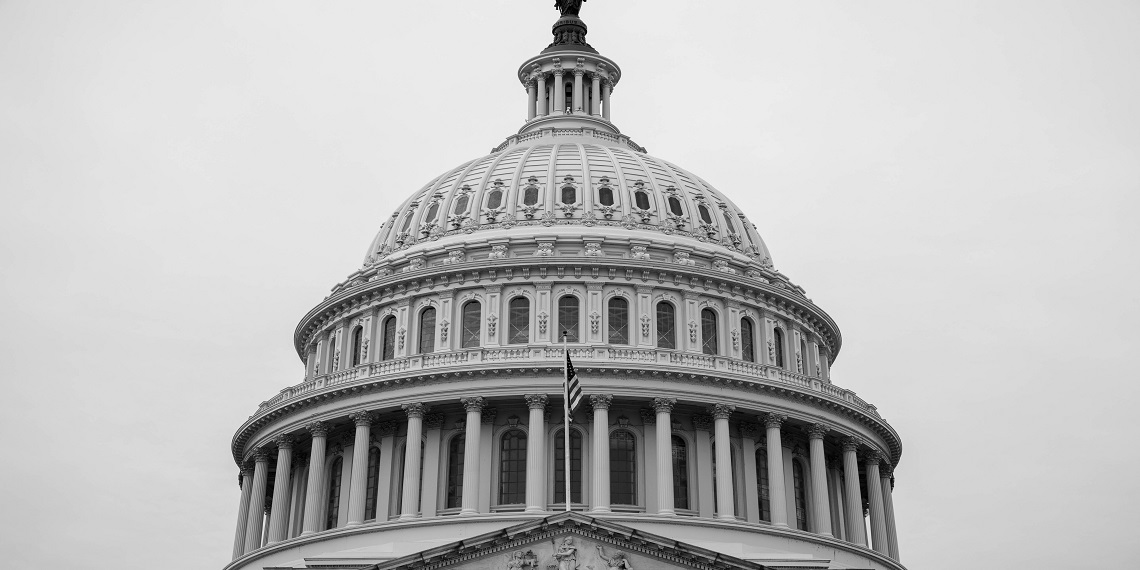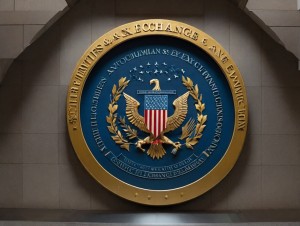TL;DR Breakdown
- The chairman of the House Financial Services Committee’s fintech task force has introduced a bill to establish E-Cash digital currency.
- Under Lynch’s plan, no blockchain or internet connection would be necessary to settle transactions.
- The new type of digital cash, called e-cash, will not have the features of a central bank digital currency (CBDC), according to the bill.
In a move that could bring digital currencies one step closer to the mainstream, the chairman of the House Financial Services Committee’s fintech task force has introduced a bill to create a new sort of digital currency called “E-Cash.”. The United States Department of the Treasury is required by the Electronic Currency and Secure Hardware Act to “develop and test digital dollar technologies that have the same privacy-protecting characteristics as physical cash.”
It is still unclear how exactly the E-Cash digital dollar would work or what it would look like since the proposed legislation provides a few clues. However, the bill states that transactions would be settled without the need for a blockchain or internet connection. This suggests that E-Cash would not be based on blockchain technology.
Additionally, it will not have the same features as a central bank digital currency (CBDC), according to the bill. Unlike CBDCs, the E-Cash digital dollar would be a different sort of technology stack and solution.
Moreover, the legislation directs the Treasury to “explore the full gamut of potential designs” and to “simultaneously test with a variety of pilot ideas.” This suggests that the digital dollar would be developed through a process of trial and error. The Treasury Department would experiment with different designs and technologies before settling on a final product.
According to the E-Cash website, the currency is “designed and administered to replicate to the greatest extent feasible and practically possible the anonymity and privacy-respecting characteristics of real cash.” Moreover, according to its supporters, it is a digital currency that may be used for anonymous, offline, peer-to-peer transactions.
E-Cash is not a physical currency but rather an electronic form of cash used for payments and transactions. The proposed legislation states that the Treasury Department will have to develop and test digital dollar technologies with the same privacy-protecting characteristics as physical cash.
The E-Cash unique features
On the E-Cash website, a number of different technologies are described as potential examples for the new digital dollar. These include “zero-knowledge proofs,” “ring signatures,” and “confidential transactions.”
Zero-knowledge proofs, in particular, could be used to verify the correctness of a transaction without revealing any other information about it. This would allow for greater privacy when compared to traditional blockchain-based systems.
Ring signatures, on the other hand, are a type of digital signature that can be used to hide the identity of the signer. This could also be used to increase the privacy of transactions.
Confidential transactions, as their name suggests, are a way to keep the contents of a transaction hidden from everyone except the parties involved. This would prevent third parties from being able to see how much money is being transferred in a given transaction.
The Bank of Finland debuted the Avant stored-value card in 1992, and China’s newest offline-enabled smart payment card was introduced in 2021. The bill believes that, at least initially, E-Cash will take the form of a payment card and a secure chip environment on a smartphone. The card would be used to access the user’s E-Cash balance and to make transactions.
The bill receives multiple mentions
The bill, sponsored by Rep. Stephen Lynch (D-MA), is also backed by Americans for Financial Reform, Demand Progress, the Center for Action on Race and the Economy (ACRE), and Public Money Action.
E-cash is expected to have a number of benefits over other electronic cash systems, according to its supporters. It will be denominated in US dollars and won’t rely on a widely used ledger or any third-party payment processing middleman. Users can make anonymous, offline, peer-to-peer payments with the proposed digital currency.
The United States has been moving toward acceptance of cryptocurrencies, and now it is prepared to accept them in banks, according to reports. Regulators worldwide have been seeking various limitations to keep the market out of control since cryptocurrencies set a new record for adoption in the United States. Under the rules, none of them may be accepted by a bank, but that has changed with the most recent news whereby the United States Department of the Treasury is required by the Electronic Currency and Secure Hardware Act to “develop and test digital dollar technologies that have the same privacy-protecting characteristics as physical cash.”





